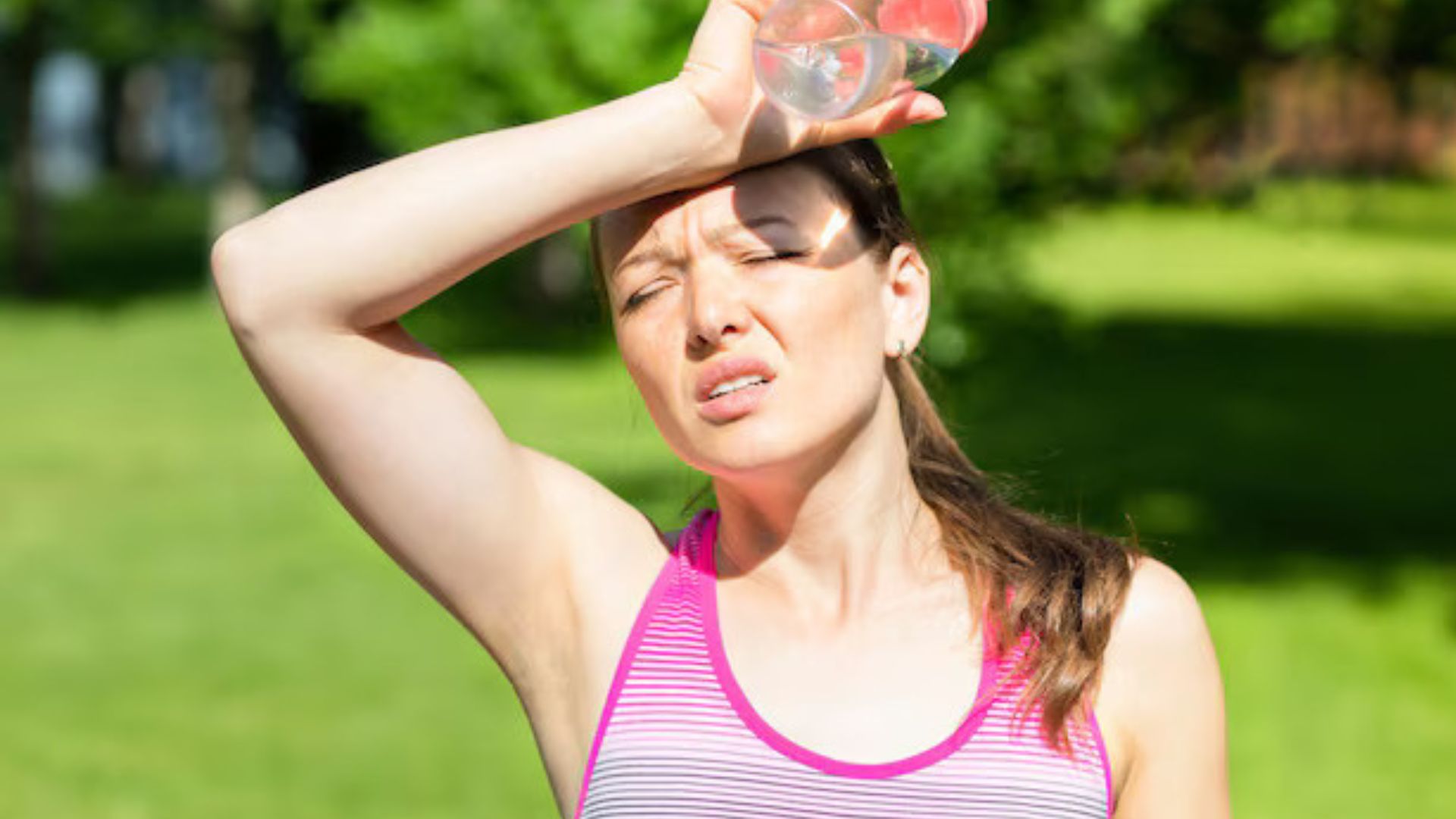

What Is Sun Poisoning? Everything You Need to Know
Sun poisoning. Does it mean poison? No, it does not mean poisoned. It commonly refers to severe sunburn, although sun poisoning is not a medical term. It can look similar to an allergic reaction, and it is a burn that doesn’t just redden or darken the skin but makes you feel sick and intensely uncomfortable.
Sometimes confusion occurs when people relate sun poisoning with heat strokes or rashes. No more confusion will be there once you get through this guide. Also, are you feeling sick or discomfortable lately? Maybe you need an expert intervention. Learn more about sun poisoning and get informed.
Sun Poisoning: What Are The Symptoms?
If you think it is a bad sunburn, then let us clear one thing. There is no such thing as a good or bad sunburn; all sunburns can cause some sort of damage to the skin and overall health, so it is essential to be careful while stepping out and having proper sunscreen in your bag.
Even a mild burn can cause redness if you have a light skin tone, or darker than usual if you have a dark skin tone. In case you notice the symptoms, book an appointment with the dermatologist and get examined. Some noticeable symptoms that can indicate sun poisoning are the following:
- Blistering or peeling skin
- Severe rash
- Swelling
- Painful gritty eyes
- Lip blisters
- Severe pain
- Headache
- Dizziness
- Nausea
- Fever and chills
You have learned the symptoms, but wait, are you getting confused between heatstrokes and sun poisoning? No confusion anymore.
Notable Differences: Sun Poisoning and Other Conditions
There are some differences between sun poisoning and other sun-associated conditions. Let us know some of them:
Heat Rash vs. Sun Poisoning
While the rash caused by sun poisoning can feel hot to the touch bit it is not the same with heat rash. Heat rash commonly happens when sweat gets trapped in pores and glands, it irritates the skin and causes an itchy, pimply rash. It is common among babies as well as adults who live in humid climates.
Sunstroke vs. Sun Poisoning
Sunstroke and sun poisoning are not the same. People often relate both of these and get confused regarding symptoms, treatments and examinations. You need skin examinations for both, but they are different.
Do not overheat yourself while exercising or any other workout, as it can lead to sunstroke or heatstroke. Exercising too hard in a hot and humid climate can result in this condition. Hot cars or homes without air-conditioning during heat waves are also a common cause for leading to heatstrokes.
If you have started thinking about what to do in case of this condition, experts are what for. They can help you with Regular Skin Examinations and other helpful advice that may help you in some way to get protected. If you need treatment, you must book an appointment with a nearby skin specialist.
How Skin Specialists Help Treat Sun Poisoning?
Skin specialists conduct skin examinations regularly and examine your skin closely. If you already have your skin examined, that is good, but if not, you must. Let us see how a skin specialist can help with sun poisoning:
1. Assessing
Dermatologists will examine the affected skin, looking for signs of severe sunburn-like blistering, swelling, or signs of infection. They will assess for symptoms associated with the condition and ask a few questions about the duration and severity of sun exposure. Assessment helps diagnose the condition thoroughly.
2. Symptom Relief
After diagnosis, dermatologists will refer to topical treatment, oral medications, cool compresses or other symptom relief methods based on the severity of the poisoning. For instance, if the sun poisoning is moderate, they may recommend over-the-counter or prescription creams. These will help reduce inflammation and itching.
3. Preventing Infection
If blisters are present, dermatologists will advise against popping them to avoid infection. Topical or oral medications can be prescribed if you are facing severe sunburn or sun poisoning with signs of infection, including pus or increasing pain.
4. Addressing Complications
In severe cases of sun poisoning with dehydration or electrolyte imbalances, they may recommend IV fluids to replenish fluids and restore balance. For extreme cases, such as those with extensive blistering, severe pain, or signs of infection, professionals may refer to a burn or wound centre for specialised care.
Now, to get protected, it is essential to examine your skin regularly and not miss appointments with the dermatologist. If possible, conduct skin examinations at home. Report whenever you notice something suspicious on your skin.

